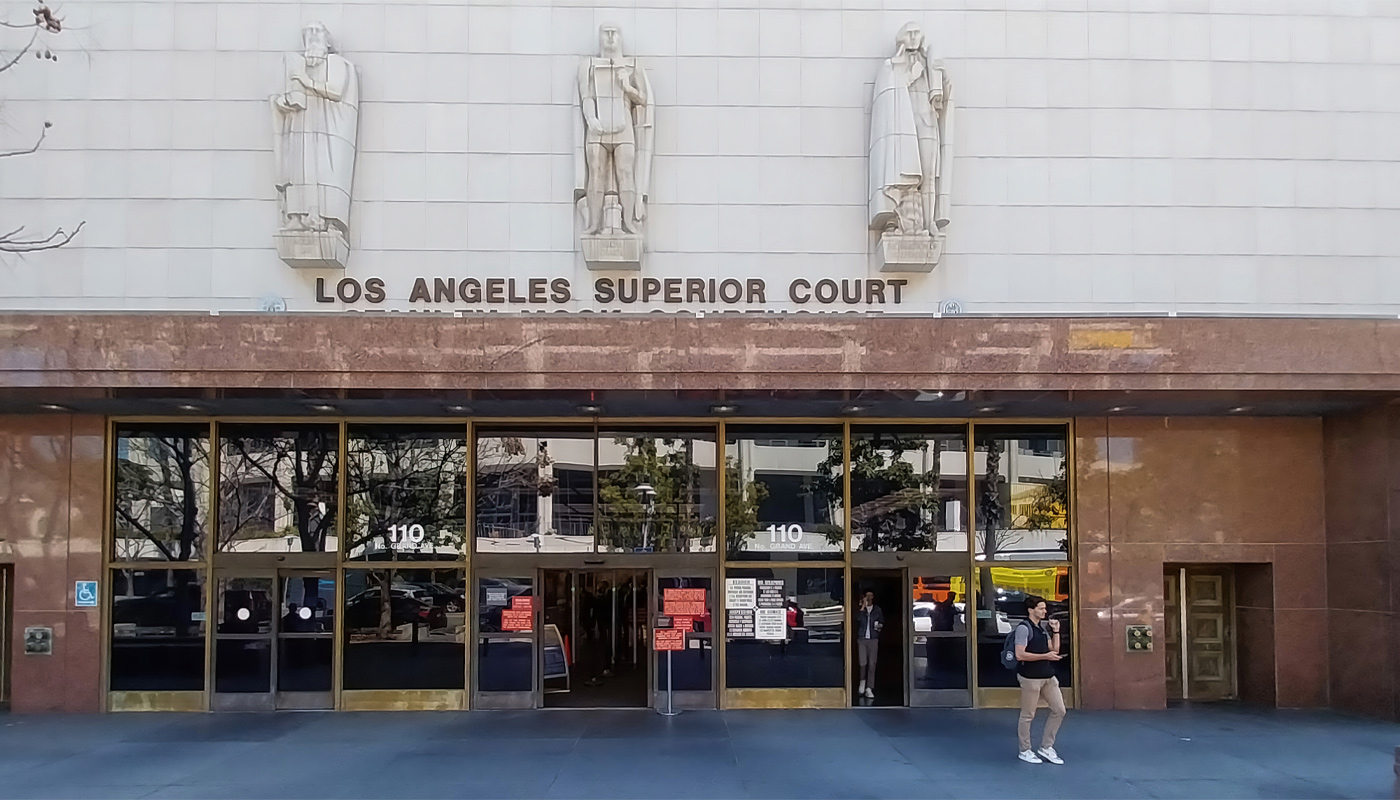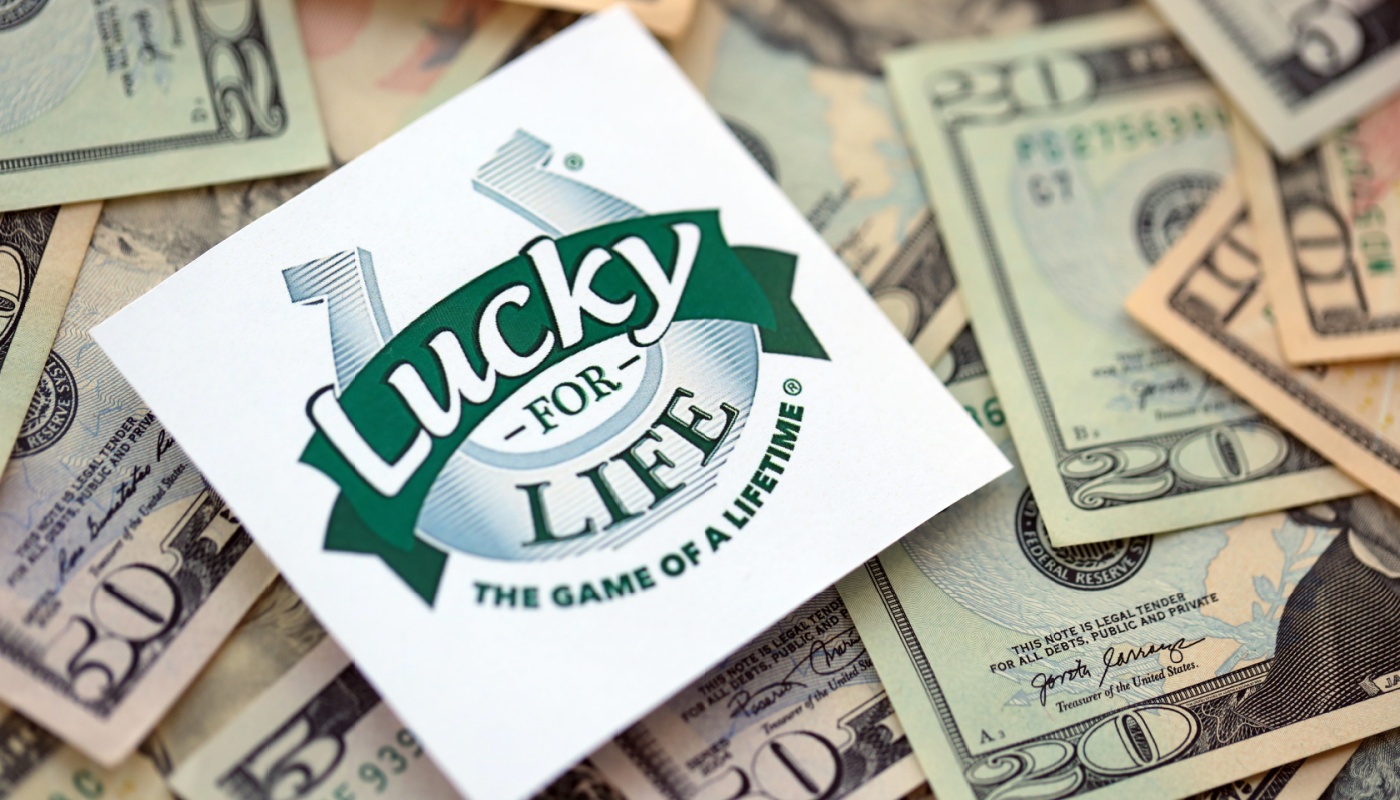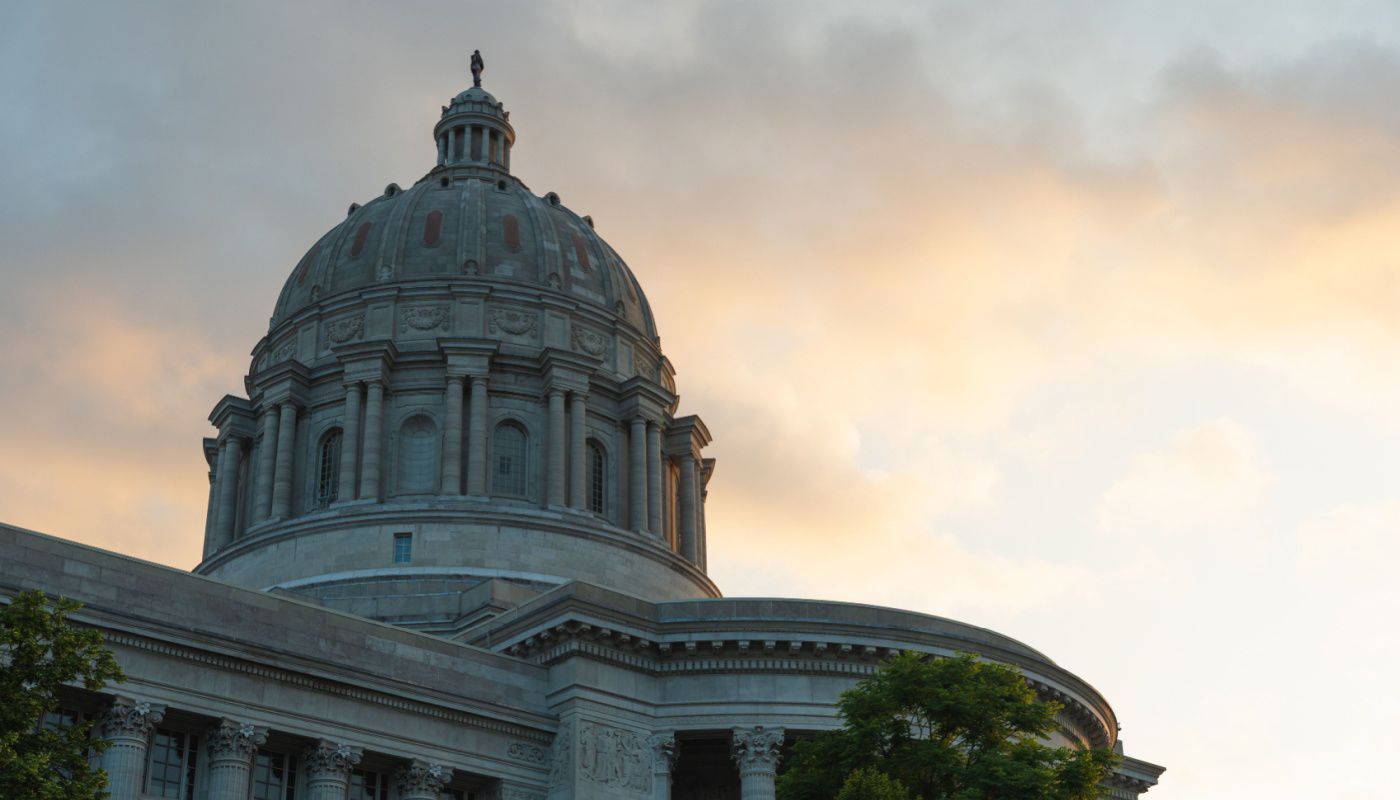
News writer, Interviewer
When Powerball hit $1.787 billion last weekend, players in Texas and Missouri split history's second-largest lottery prize. But they weren't the only winners.
State lotteries across America rode the wave of excitement. The pattern is clear: big jackpots create big winners everywhere.
New Jersey rides the Powerball wave
New Jersey's numbers tell the story. From June 1 through September 6, Garden State players bought $119 million worth of Powerball tickets. That translated into serious money for everyone involved.
The state's pension program received $47 million. Teachers, police officers, firefighters, and other state employees benefit directly from those contributions.
Players won big too. New Jersey produced 2,355,797 fixed-prize winners worth nearly $23 million. Five players hit $1 million prizes. Another 64 won at least $50,000 each. Winners came from 18 of the state's 21 counties.
Even retailers cashed in. The state's 6,500 lottery retailers collected nearly $6 million in commissions.
"It was quite a remarkable cycle for the Powerball," said New Jersey Executive Director James Carey. "Our players, retailers and pension system all benefited in huge ways."
Mega Millions joins the party
Mega Millions currently sits at $381 million for Friday's drawing. The game's April relaunch created bigger prizes and more winners.
Since April, Mega Millions has paid out more than $239 million in non-jackpot prizes. Under the old prize structure, those same tickets would have generated just $55.5 million.
The new $5 version includes automatic multipliers. Every ticket gets multiplied by 2X, 3X, 4X, 5X or 10X. Tuesday's drawing alone produced $10.8 million in winnings across all prize levels.
Eighteen players have hit the Match 5 prize worth up to $5 million each. They came from 12 different states, spreading the wealth nationwide.
State lotteries feel the jackpot drought
But what happens when jackpots decrease?
Pennsylvania learned that lesson the hard way. The state still hit its $1 billion target, but traditional sales plummeted. Scratch-offs dropped $191 million. Draw games fell $292 million. Online games declined $144 million.
The culprit? 2024 delivered five billion-dollar jackpots. This year produced just one.
Pennsylvania's draw game sales dropped 19.9 percent to $1.1 billion. That's $292 million in lost revenue directly tied to smaller jackpots.
"Fewer record-breaking Powerball and Mega Millions jackpots" caused most of the decline, lottery officials confirmed.
Smart states prepare for the drought
Other states saw the storm coming.
Iowa exceeded budget projections despite losing $55 million in sales. The state delivered $86 million in proceeds by planning for jackpot downturns.
Massachusetts watched Powerball sales drop $121.1 million and Mega Millions fall $36.4 million. But Keno saved the day with record sales of $1.285 billion.
Pennsylvania is fighting back. The state passed legislation lowering required profit margins. This allows higher-payout games that compete better during slow periods.
Why rising tides matter
The evidence is overwhelming. Record jackpots don't just create individual millionaires. They boost entire state lottery systems.
New Jersey's $47 million pension contribution came directly from Powerball fever. Retailers earned millions in commissions. Players won prizes they might never have bought tickets to chase.
But the reverse is also true. When jackpots shrink, everything suffers. Pennsylvania lost nearly $300 million in draw game sales. Massachusetts saw similar declines.
Smart lottery directors understand this cycle. They budget for droughts. They diversify game portfolios. They prepare for the inevitable cooling periods between jackpot explosions.
The question isn't whether the next billion-dollar jackpot will come. It's whether state lotteries will be ready to ride that rising tide when it arrives.
After all, in the lottery business, rising tides really do lift all boats.



















Comments